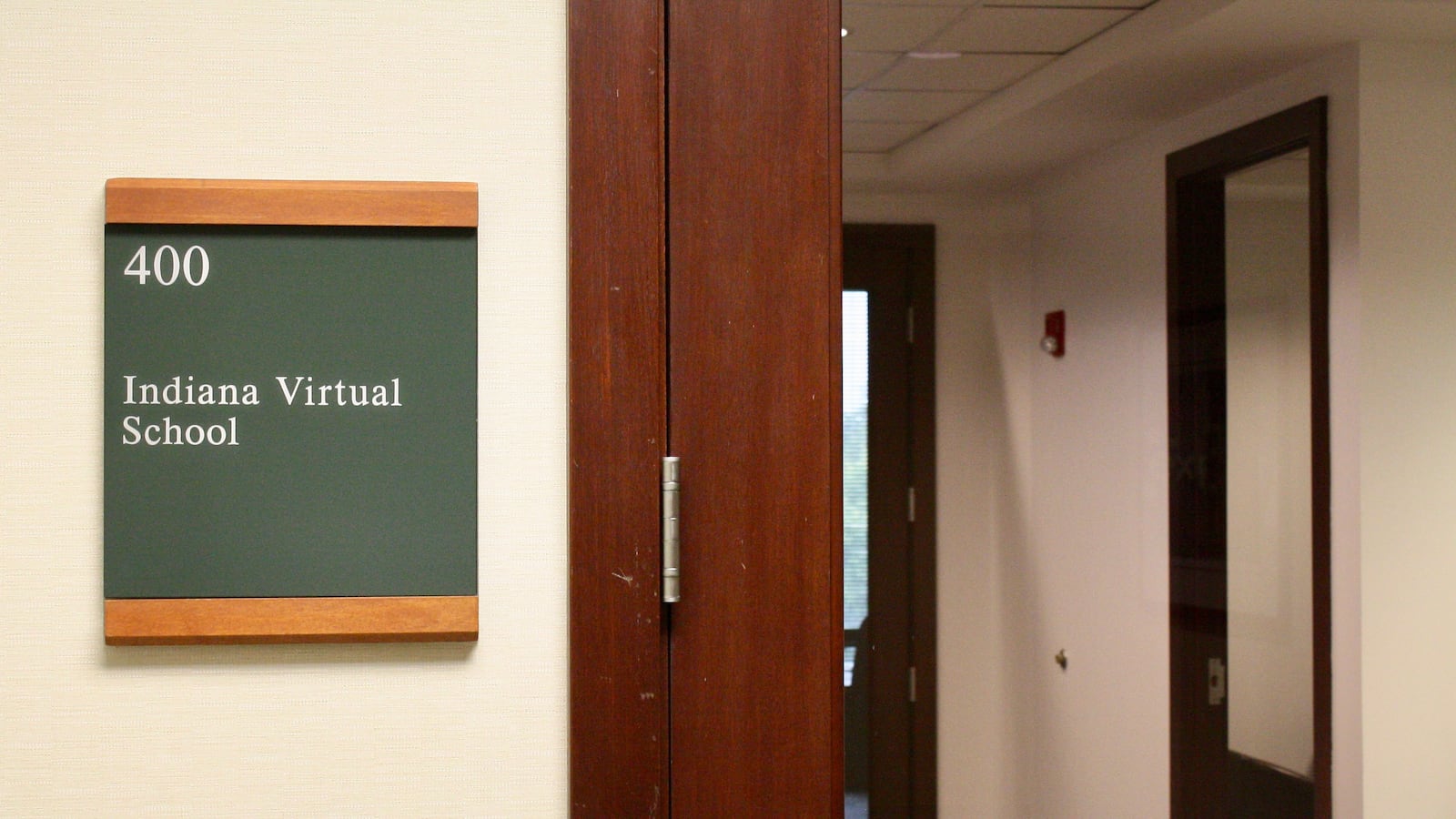In the week since we published our investigation into Indiana Virtual School, thousands of people have learned about the school’s poor performance, unorthodox spending, and ineffective oversight. (If you need a refresher, this Twitter thread might help.)
Now, we’re taking you behind the story with an interview between Shaina Cavazos, the reporter who dug into Indiana Virtual School over the course of more than seven months, and Matt Barnum, Chalkbeat’s national reporter, who is keeping a close eye on where virtual schools stand across the country.
Read on to hear about the challenges Shaina encountered, the reaction so far, what comes next, and how you can help.
Matt: How did you decide to look into this school? What challenges did you run into?
Shaina: I actually started reporting on virtual schools more than a year ago when another school, Hoosier Academy Virtual, was up for state sanctions. I wanted to figure out what virtual schools were like given that they enroll about 1 percent of students in Indiana.
Once I looked past the schools backed by the big-name national organizations, I realized Indiana Virtual was just as large and growing incredibly fast — but few people I talked to were familiar with it. So I started digging.
Reporting about the school became difficult once the school stopped responding to a lot of the questions I was asking. It meant that even for finding out things as basic as their current enrollment, I had to find other sources of data and information. I did a lot of formal requests for records, and I worked quite a bit with the state department of education’s data team to figure out what data was out there and how I could access it. I couldn’t always get documents, but usually I found out that the law said I had a right to them. It pushed me to learn about what documents were available to me because I knew few things stood in the way of what I should be able to get legally.
What has the reaction been?
I don’t think the school is happy with the story, but they haven’t agreed to a conversation about it.
In general, schools want to talk about their students who are successful, which I get. But a lot of students at this school are not successful, according to the state’s expectations. We can’t ignore that. We need to talk about those students and make sure they’re receiving an education and not just being enrolled somewhere.
I’m still talking to people who could take action to get their reaction. Intervention from the state board is still a few years away, if it happens at all, and the education department has not indicated they’re going to be doing anything in particular to this situation even though our state superintendent has spoken out about a need for more monitoring of online schools.
That leaves lawmakers. I’ve talked to some Democrats who are outraged about what’s going on, but they aren’t the party in power here — Republicans have a majority in both houses.
I’m still reaching out to lawmakers on both sides to talk about what might happen next. But ultimately, they created the system, so they’re the ones who can most easily change it.
Why was this story important for Chalkbeat to do?
At Chalkbeat, we’re focused on writing about students who have historically lacked access to a quality education. We’re always looking at our stories through a lens of equity — who isn’t being served? Many of students at this virtual school come from families living in poverty. While it’s not as racially or ethnically diverse as schools in a lot of the districts we write about, many students have disabilities or are learning English for the first time. And in a lot of cases, they aren’t getting the support they need to be successful.
Why should a reader outside of Indiana read your article?
You might not be aware of it, but something like this could be happening in your state too. Thirty-four states have virtual schools.
A lot of them have gone through something similar — Ohio is one example, and so is Colorado. It’s something we’re only going to see become more of an issue. Specifically talking about Indiana Virtual School, well, they are expanding, with schools in the works in Michigan and Texas.
Also, Betsy DeVos, our U.S. secretary of education, has promoted online schools. When the nation’s top education official is signing off on something, I’d say that makes scrutiny pretty important.
What comes next?
A top priority is to hold officials in Indiana accountable for reading and responding to the story. I’m working on that now, and when I learn more I’ll report back.
I’m also trying to learn even more about what it’s like for students in online schools — Indiana Virtual or others. I put a survey in the article so people could tell me their stories, and now I’m just trying to get the word out.
Find our investigation here.

